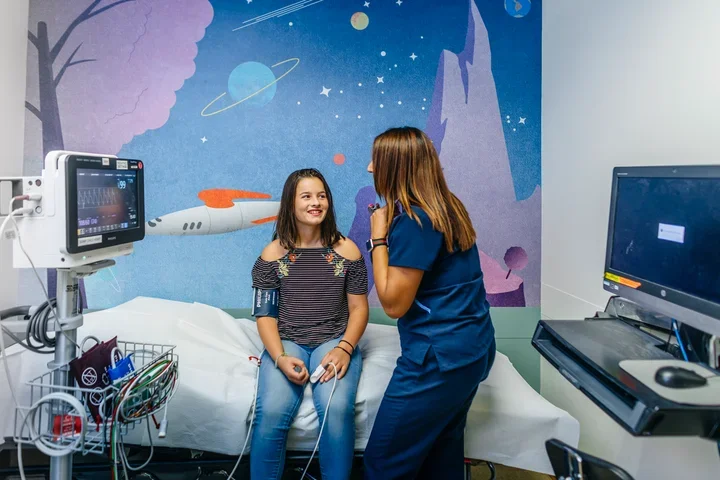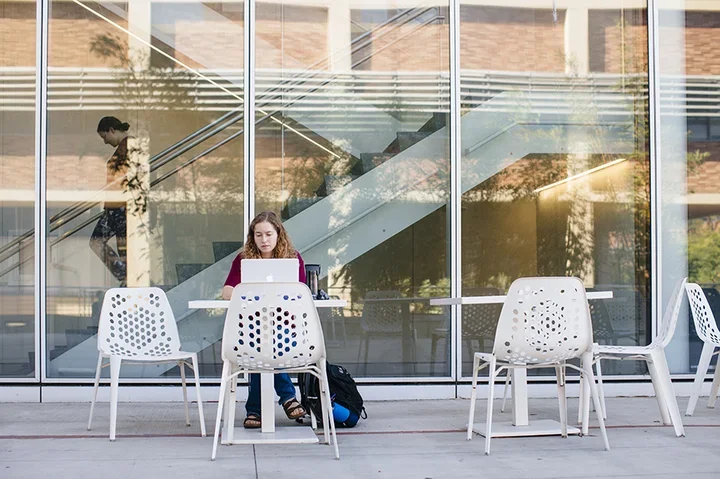How to Prepare for Medical School
5 Tips for Undergrads

How Undergraduate Seniors Can Best Position Themselves for Success in Med School
Before entering medical school, students get exposure to the medical world by volunteering, completing prerequisites, and gaining clinical experience. What else does it take to make a successful transition from undergraduate to medical student?
Casey Pagan, David Geffen School of Medicine at UCLA (DGSOM) class of 2019, shares her advice for undergraduate seniors hoping to prepare for medical school and medical student life.
(Related Article: Preparing for Medical School Applications)
1. Take Fun Classes
Casey didn't realize she wanted to go to medical school until the beginning of her senior year. She knew she couldn’t apply to medical school without completing a post-baccalaureate program to earn the necessary prerequisites, so she had flexibility to take interesting classes during her senior year. She took courses that supported her interests, including nutrition, glass-blowing and nuclear science and society.
"For many, the gap between undergrad and medical school affords a unique opportunity for learning, reflection and growth — even if it's just a summer," she said. "It can be a time to push boundaries, grow or explore. Take a cooking class. Study abroad. Learn another language. Get a job working in a field you find interesting, or work on research."
2. Read. Read. Read.
Physician memoirs or biographies help set realistic expectations for entering the medical profession. Some of Casey’s favorite books were written by Atul Gawande, a surgeon and public health researcher.
(Related Article: Basic Medical Terminology Every Med Student Should Know)
3. Refine Time-Management Skills
The fast pace of medical school forces students to study within limited time frames. Having worked two jobs through undergrad, Casey found that medical school wasn't such a shock because she had grown accustomed to being busy.
"I had highly restricted free time, so I've always had to be intentional about how I spend it," Casey said. "In medical school, I still have a small amount of free time and have to plan how to spread it across extra-curricular commitments, self-care or investing in relationships."
4. Practice Interviewing

Casey Pagan shares ways to ease the transition to medical school.
Interviewing can be one of the most stressful parts of the medical school application process, and it's a new experience for many people. Casey gained an advantage on interviews thanks to a counseling course, which taught her about regulating body language, responding to tense situations, and actively communicating.
Casey learned a lot in the class, but she still heavily practiced interviews.
"Mock interviews are one of the best ways to prepare," she said. "My mom and boyfriend took me to the park with a list of questions, and we practiced interviews together. It was immensely helpful." She also recommends finding a pre-med department on campus that does formal mock interviews.
Casey found practicing alone helpful as well.
"Set a timer for eight or nine minutes, and make yourself answer a question — bonus points if you record yourself," she said. "By watching yourself, you get a sense of how you come across, and whether you have any involuntary habits you didn't realize and how you can improve."
5. Learn to Study Effectively and Work With a Tutor
Medical school requires absorbing large amounts of information quickly, so learning how to parse information is essential to thorough preparation. Tutoring can be a big part of the student experience, and it never hurts to start early.
"I had to re-evaluate how I studied in the post-bac program," Casey said. "I wasn't used to the volume of science curriculum. First I panicked, then I got a tutor. I continue that in med school to help me stay on par. Tutoring is a wonderful resource and something you shouldn't wait until failing to use."
Learn more about medical school requirements and medical school applications by exploring the admissions timeline.



